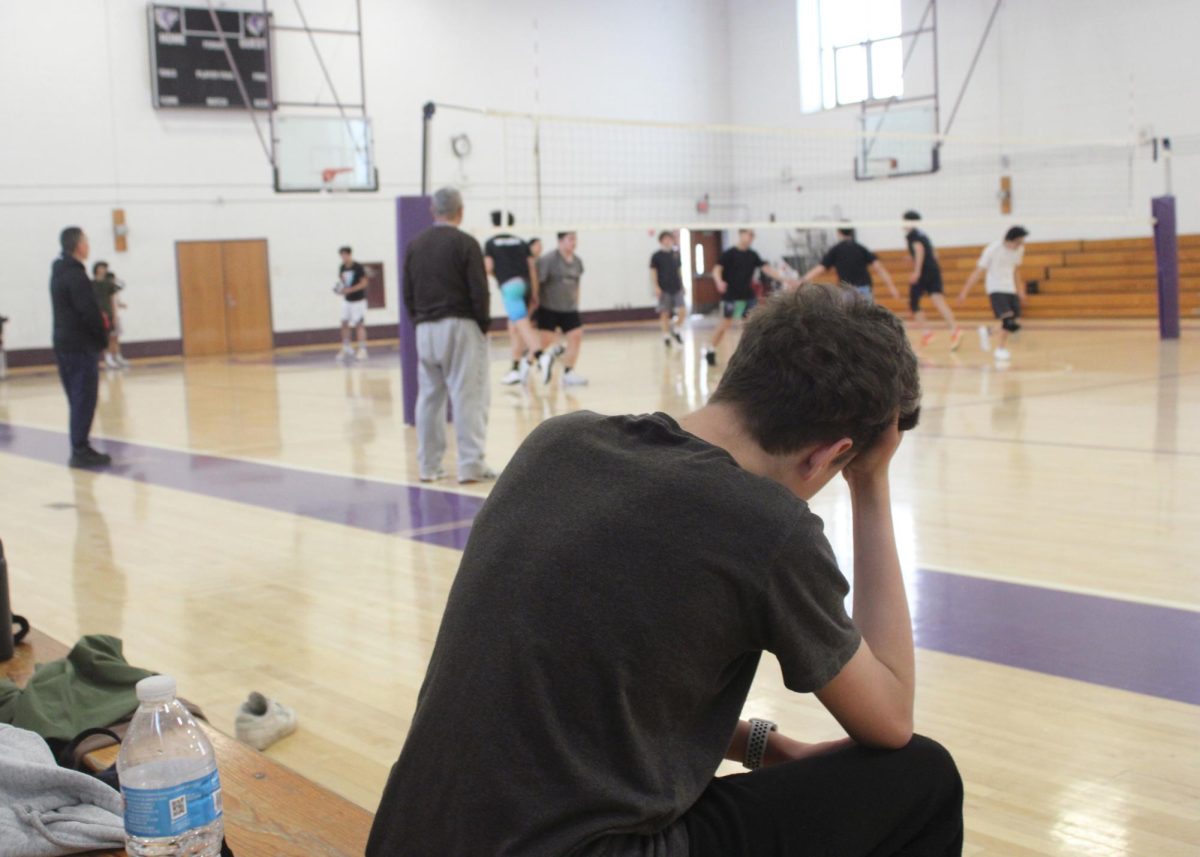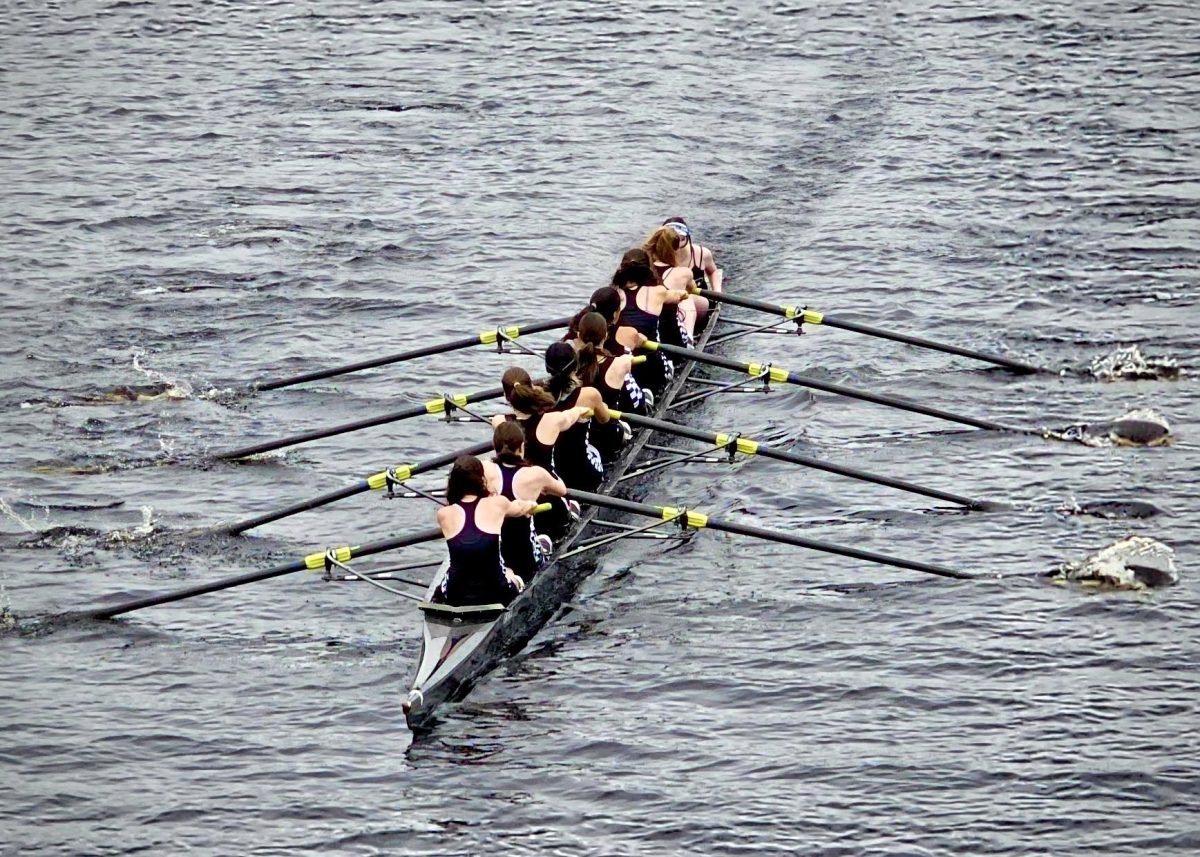Organized sports can offer a host of benefits: teamwork, discipline, enjoyment and a platform to showcase talent. They can also, however, introduce challenges that often overshadow the initial joy that comes with playing. Once the focus shifts from personal enjoyment to external validation measured in wins, losses or statistics, some athletes find it difficult to maintain the same delight and devotion they once had for their sport.
One of the core issues athletes face is the pressure to perform well. Boston Latin School AP Psychology teacher Mr. Michael Galego shares, “many studies have demonstrated that an over emphasis on external motives like winning, awards or scholarships may undermine an individual’s intrinsic motivation for an activity. Many talented athletes often lose their motivation to excel at a sport even at the professional level.”
With organized sports, the stakes are perceptibly higher. Unlike a friendly backyard game of baseball, at a certain level, an organized game has something riding on it. Whether it is securing a win for the hometown crowd or clinching a spot in the state tournament, these events build pressure. For a lot of athletes, this pressure is a motivator, pushing them to play at their highest level. On the other hand, some view it as a burden, transforming their beloved sport from a source of joy into stress. The thrill of scoring a goal, striking out a batter or serving an ace becomes entangled with the fear of failure and not living up to expectations.
The culture surrounding this level of sports often emphasizes success as the ultimate goal, sometimes at the expense of physical health. Almost all high school varsity sports have practices everyday, tiring the bodies of student-athletes. Aaron Tran (I), a member of the basketball team, shares, “I remember not wanting to go to practices and being thankful for days off.” With an environment so cultivated on winning, athletes do everything they can to stay on the field.
Katie Martin (I) has also experienced the effects of this culture. As a swimmer, Martin’s “goal was to just get in the pool, make the cut,” regardless of the punishment it would have on her body. Martin believes that this mindset has had “long-term consequences,” including a pulled-back muscle which has impacted her for over two years. These persistent injuries can have potentially harmful psychological effects on an athlete, including “stress, anxiety [and] a lack of motivation for their sport,” according to Joanne Barker, Senior Writer from Boston Children’s Hospital. For many, it is these injuries acquired from organized sports that makes them throw in the towel for athletics as a whole.
Another danger in this results-driven environment is when teams don’t win. In this situation, losing can feel like a personal failure for each of the players, rather than just a part of the process. This perception can be extremely damaging to young athletes, who begin to equate their “athletic performance to feelings of self-worth,” according to Adrienne Harry, a writer for the University of Toronto Faculty of Kinesiology & Physical Education.
So, how can organized sports maintain a competitive environment while preserving the passion of these athletes? Creating a culture that values self-improvement and the love for the game just as much as winning is an important factor. Coaches, parents, organizations and even the athletes themselves, additionally, must come together to celebrate the effort put in each day in order to participate in this world of athletics.
As for the athletes who have lost some fire, it is crucial for them to rekindle that passion by engaging in their sport outside the competitive environment. Whether it is heading down to the local recreational center, playing a pressureless game of pickup, going to the driving range with friends or playing some volleyball on the beach, these events all make sports worthwhile again. Whatever their sport offers, it is important for athletes to experience the ways they fell love with the game in the first place, without the strain of winning attached.
Ultimately, the goal of organized sports should not be for programs to win at the cost of the athletes losing their love for the game. If a balance between passion and competition is created, athletics are an incredible vehicle for personal development, team bonding and emotional well-being.







